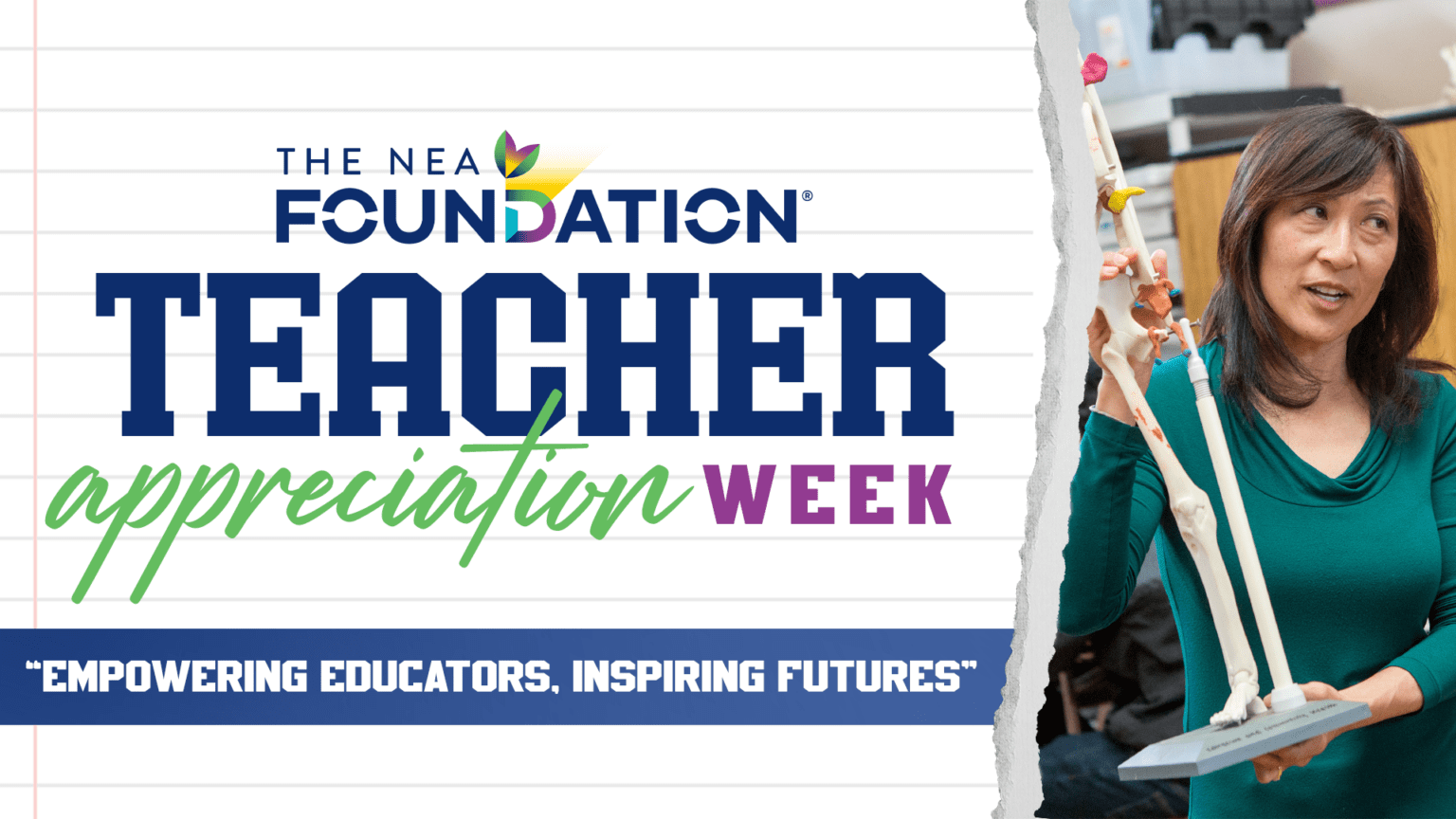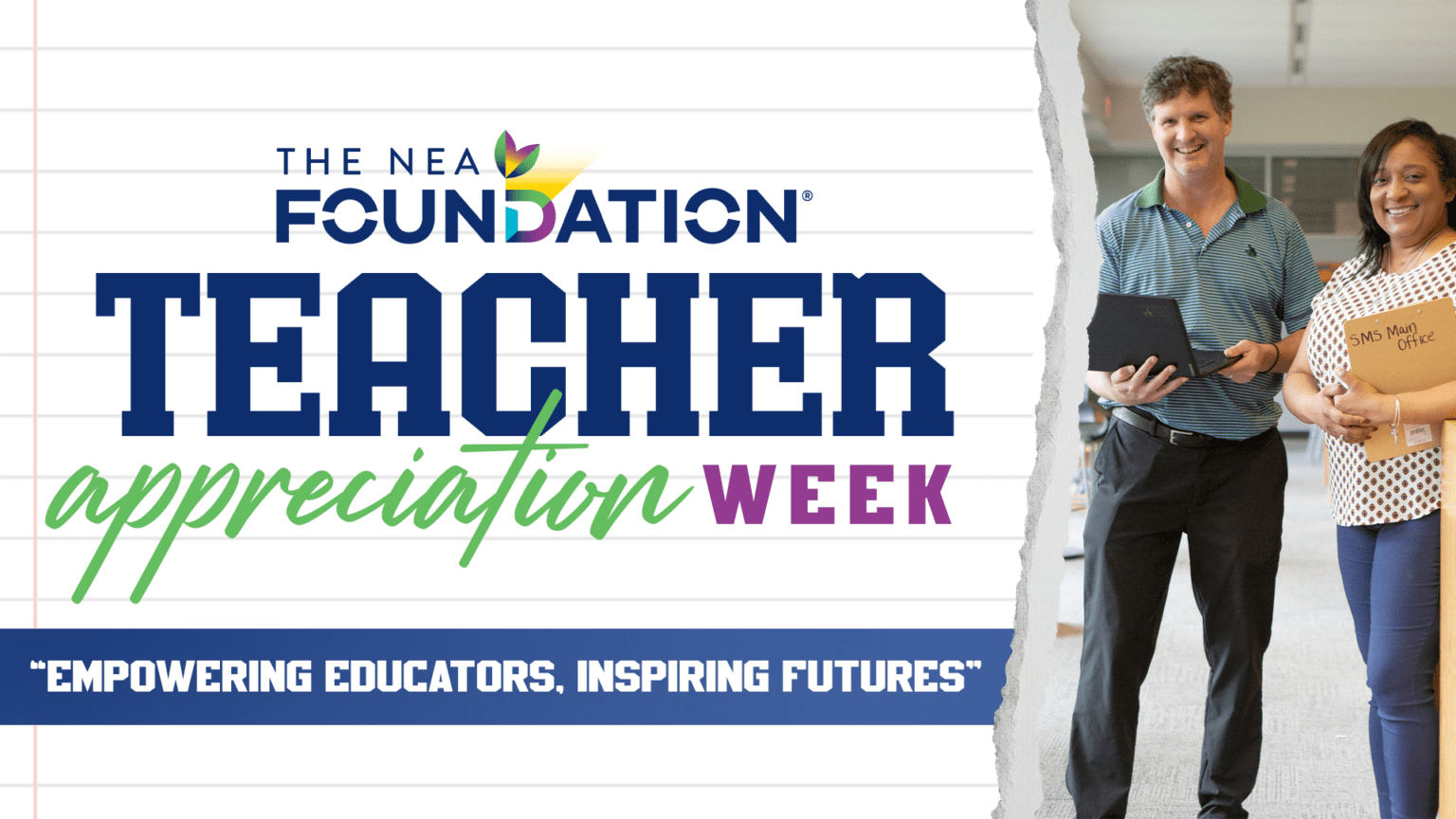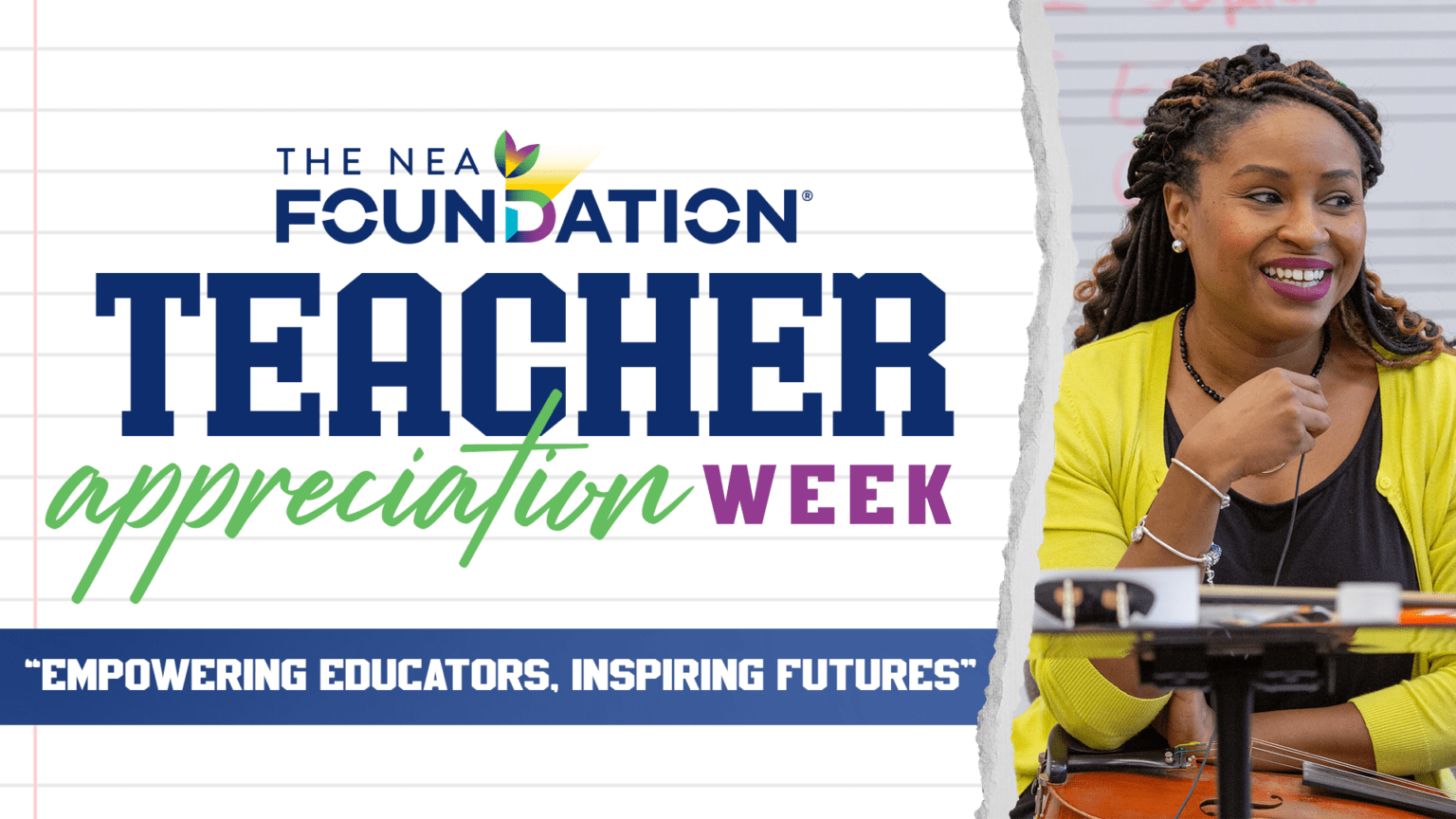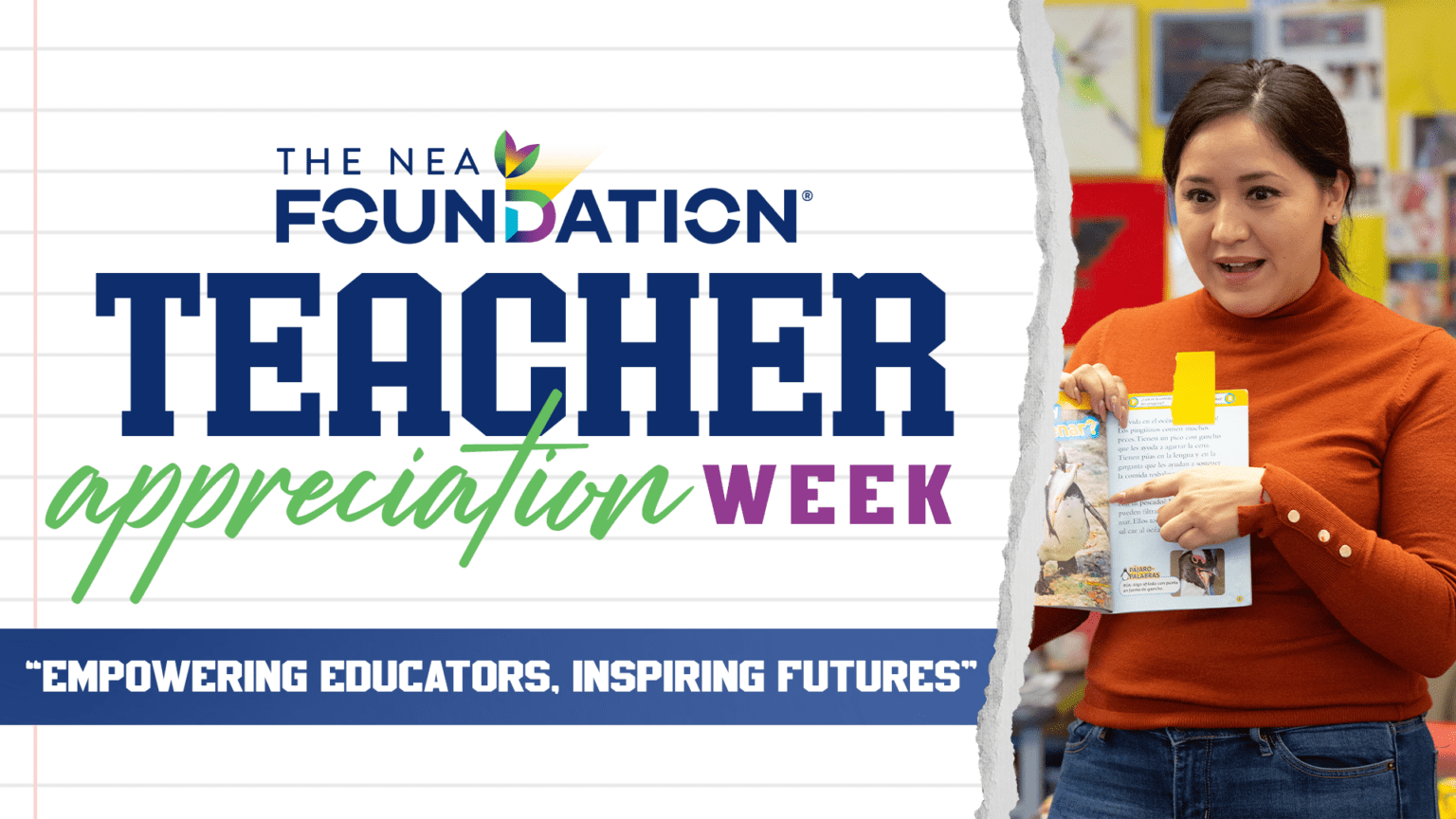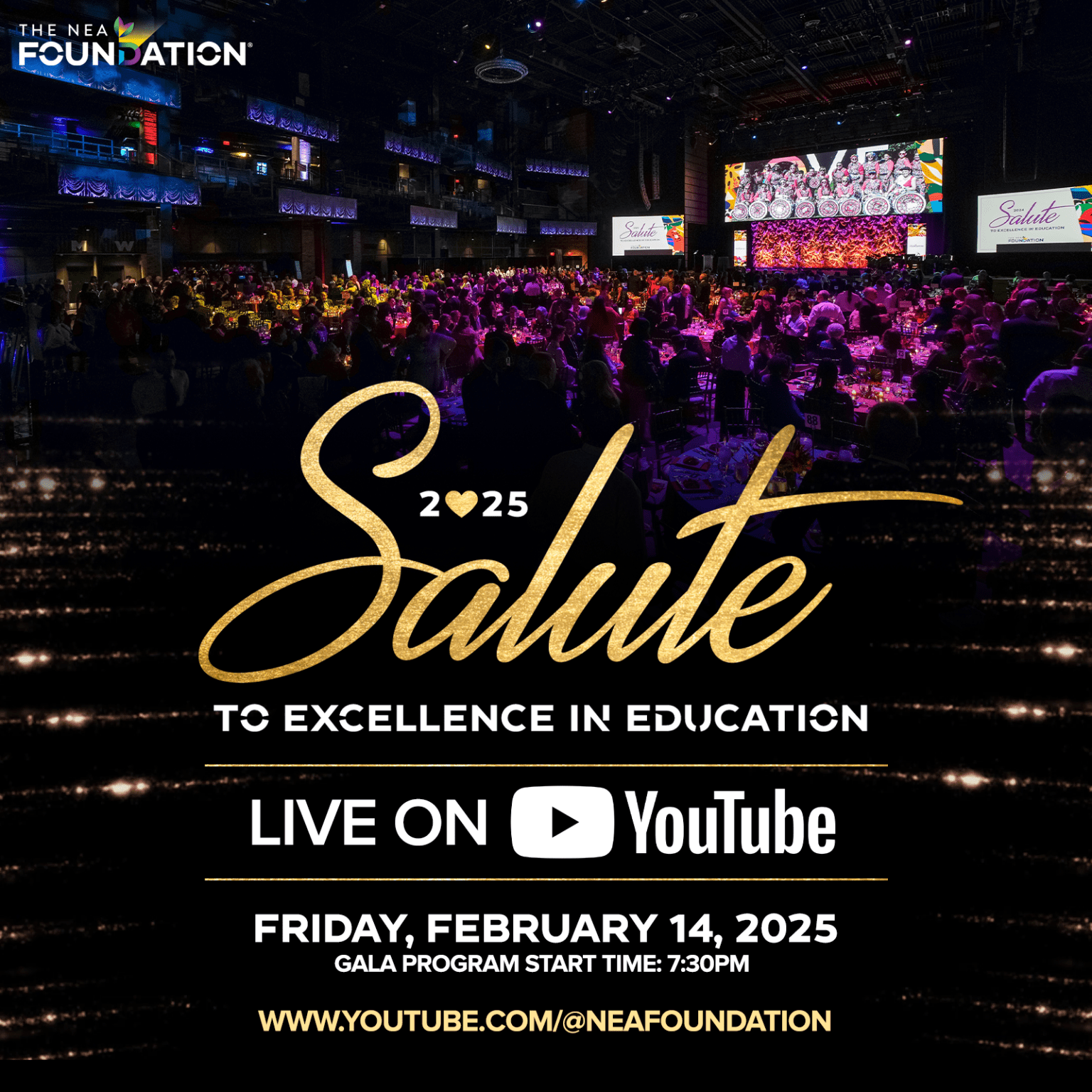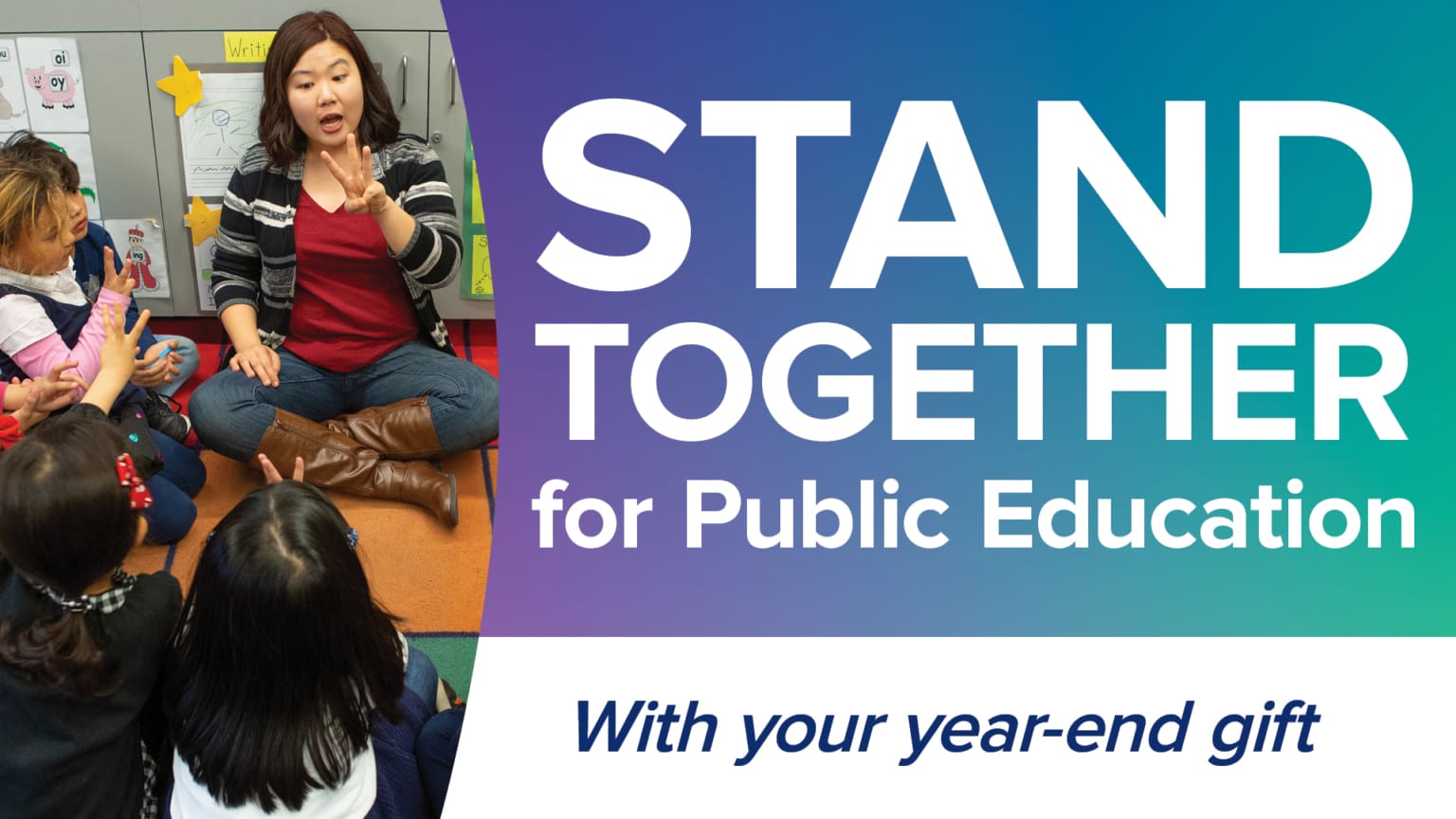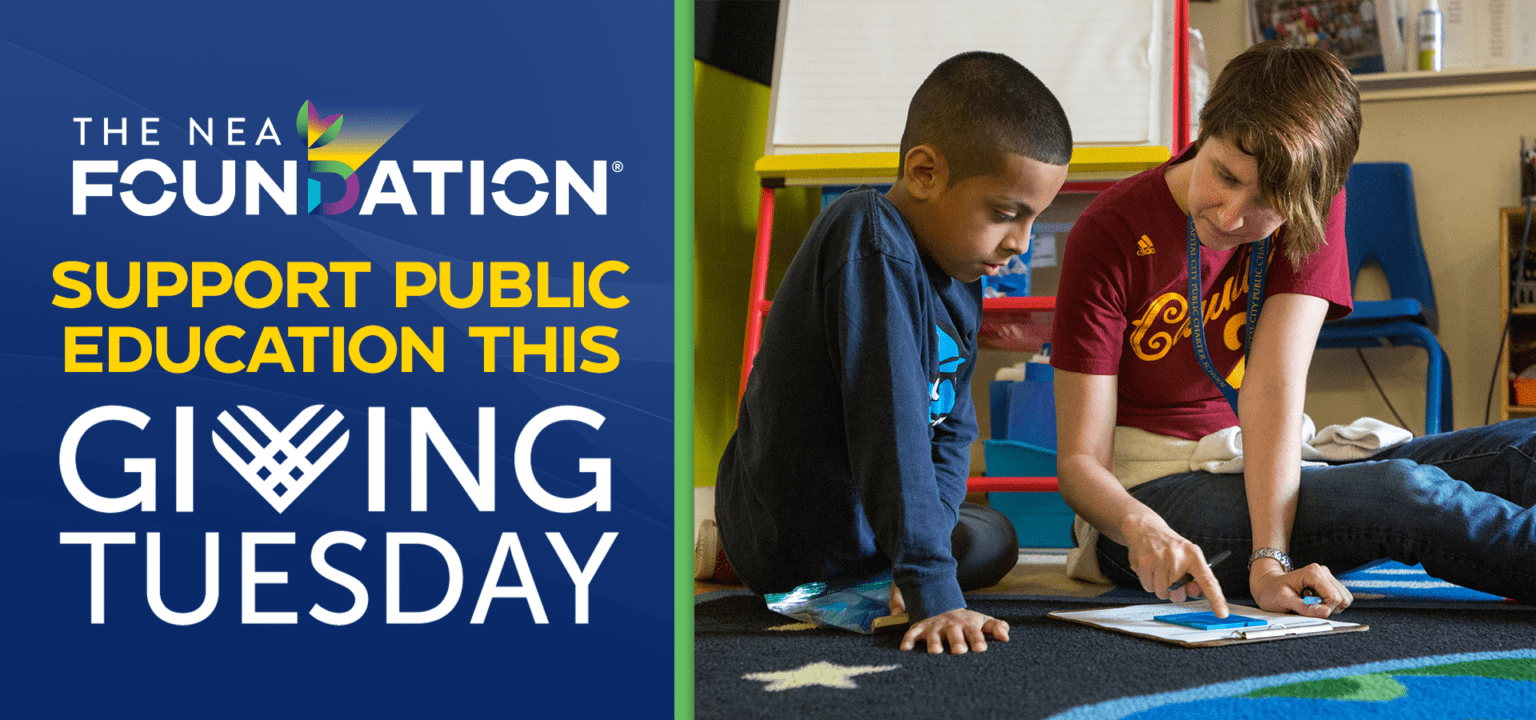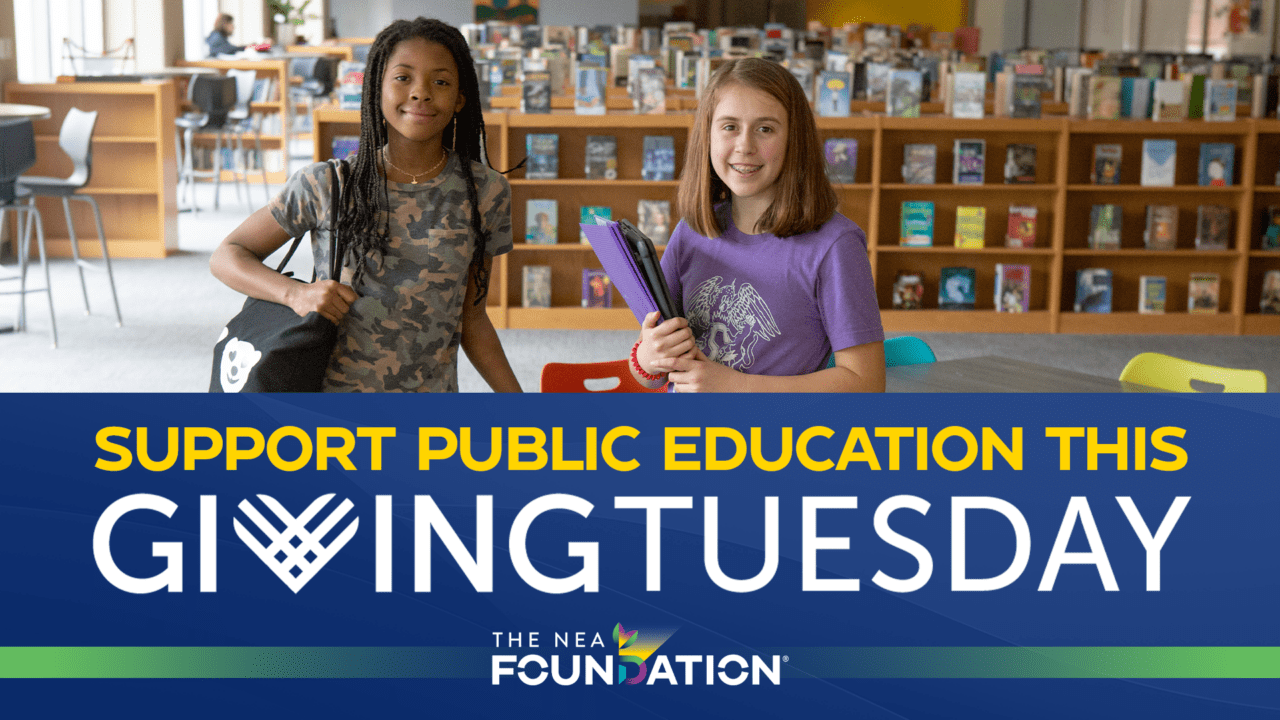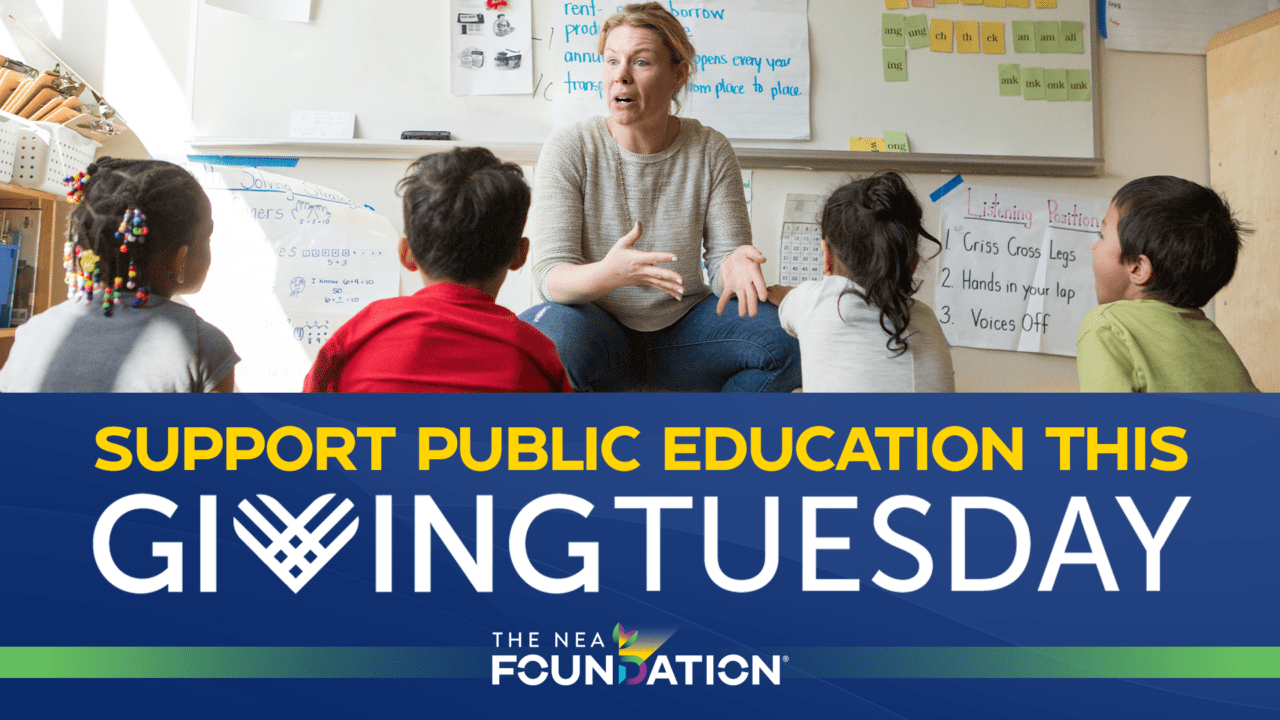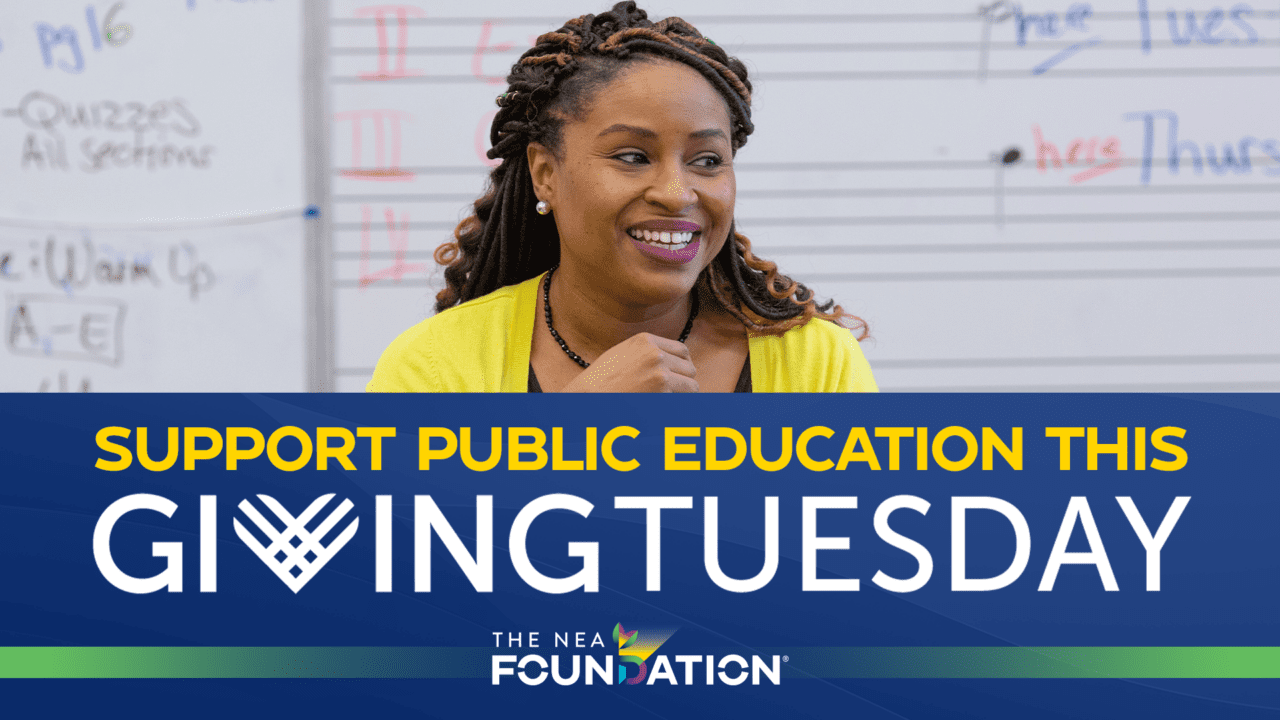
By Blessed Sheriff
Intern, The NEA Foundation
Photo by Flickr user basheertome
 Our summer blog series, A Student’s Perspective, explores the experience of public education through the lens of a student, poet Blessed Sheriff, a rising high school senior enrolled in the International Baccalaureate program at Richard Montgomery High School in Montgomery County, MD. She is interning at the NEA Foundation this summer.
Our summer blog series, A Student’s Perspective, explores the experience of public education through the lens of a student, poet Blessed Sheriff, a rising high school senior enrolled in the International Baccalaureate program at Richard Montgomery High School in Montgomery County, MD. She is interning at the NEA Foundation this summer.
When I look back on the last three years of my life I am almost ashamed that I didn’t believe whoever told me that high school flies by. Because it does. It is tremendously difficult to believe that in less than a year I’ll be donning a cap and gown and stepping into what my teachers, parents, and peers refer to as the “real world.”
It is also hard to ignore that the “real world” today is a lot different from the world my parents graduated into just a few decades ago. Groundbreaking technologies such as the Internet have virtually shrunken oceans, flattened mountains, and dragged continents and people closer together than ever before. A little fewer than three billion people have access to the internet today – roughly 40 percent of our world population – that’s three billion people with the potential to access to each other’s ideas, cultures, and lives! It is no secret that our world is becoming increasingly integrated, connected, and globalized.
The 21st century student has the unique charge of becoming globally conscious and competent. Globalization has affected not only our culture but also our economy, making it extremely imperative for those leaving the nest to understand and respect a vast array of societies and their perspectives.
Seventy-nine percent of young adults surveyed in the 2012 World Savvy Global Competence Survey agree that it is “important in today’s world to be comfortable interacting with people of different cultural backgrounds,” but only 28 percent of young adults polled in the same survey could recognize what region Afghanistan was located in the world. Only 56 percent knew what the term “Arab Springs” referred to. Even more striking, only 38 percent agree that world events were “regularly discussed” in their high school classrooms.
As a soon-to-be-leaving-the-nest student, I know that my fellow peers have the capacity and the motivation to learn about something other than the American Revolution for a change. One of the greatest blessings that globalization has secured for us is the opportunity to be exposed to so many diverse ways of life, and I believe that my generation not only wants but needs to explore and understand them. It is now up to our educators and policymakers to ensure that global competency becomes the priority that it needs to be in our American public school system.
Millions of students will continue to graduate each year in America, and in order to excel they must learn to be globally conscious.
Subscribe to the NEA Foundation’s blog to receive our summer blog series, A Student’s Perspective, and our upcoming series of guest blogs from the 2013 and 2014 Global Learning Fellows about their experience in Brazil and China.

